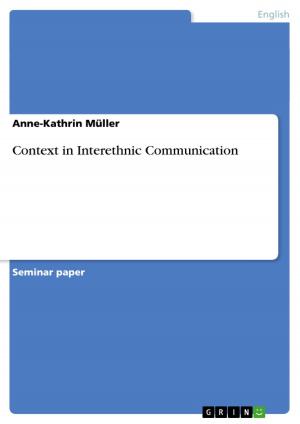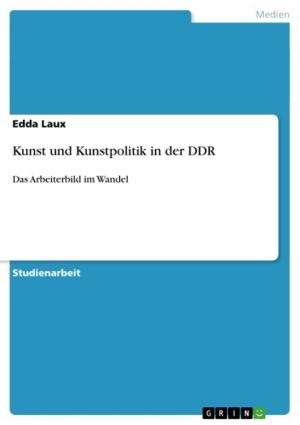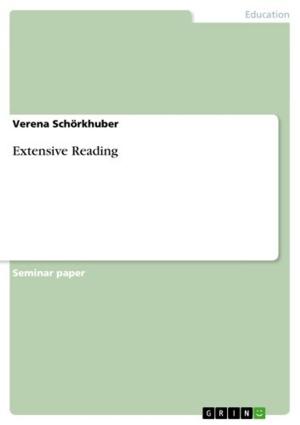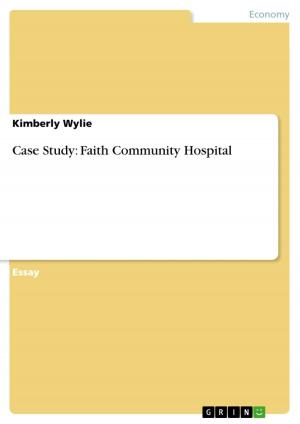| Author: | Anika Peschel | ISBN: | 9783638479332 |
| Publisher: | GRIN Publishing | Publication: | March 14, 2006 |
| Imprint: | GRIN Publishing | Language: | English |
| Author: | Anika Peschel |
| ISBN: | 9783638479332 |
| Publisher: | GRIN Publishing |
| Publication: | March 14, 2006 |
| Imprint: | GRIN Publishing |
| Language: | English |
Seminar paper from the year 2006 in the subject English Language and Literature Studies - Linguistics, grade: 2,0, University of Cologne (Institut für Englische Sprache und ihre Didaktik), course: Introduction to Syntax - Proseminar Linguistics, 3 entries in the bibliography, language: English, abstract: There are many English sentences in which the subject is omitted (most of all imperative sentences like 'Sit down') - but it is impossible to leave out the predicate in an English sentence. This predicate can contain several complement stuctures, a direct and an indirect object and adverbs - but it must contain a verb. The category verb can be sperated into the following types: • Transitive Verbs • Intransitive Verbs • Ditransitive Verbs • Copulas (Linking Verbs) and • Complex Transitive Verbs According to these types some verbs require a direct object, others may allow one; some verbs require two objects - a direct and an indirect one; other verbs can be followed by adjectives and some have to be connected to adverbs. It is very important to distinguish between these different categories. The type of verb of course has implications for the rest of the verb but also for the subject. In active sentences patient subjects, which are subjects that are acted upon, always take Intransitive Verbs; agent subjects can have both verb types and instrument subjects, which are acting on something else, need to co-occur with Transitive Verbs in order to show what they are acting on.
Seminar paper from the year 2006 in the subject English Language and Literature Studies - Linguistics, grade: 2,0, University of Cologne (Institut für Englische Sprache und ihre Didaktik), course: Introduction to Syntax - Proseminar Linguistics, 3 entries in the bibliography, language: English, abstract: There are many English sentences in which the subject is omitted (most of all imperative sentences like 'Sit down') - but it is impossible to leave out the predicate in an English sentence. This predicate can contain several complement stuctures, a direct and an indirect object and adverbs - but it must contain a verb. The category verb can be sperated into the following types: • Transitive Verbs • Intransitive Verbs • Ditransitive Verbs • Copulas (Linking Verbs) and • Complex Transitive Verbs According to these types some verbs require a direct object, others may allow one; some verbs require two objects - a direct and an indirect one; other verbs can be followed by adjectives and some have to be connected to adverbs. It is very important to distinguish between these different categories. The type of verb of course has implications for the rest of the verb but also for the subject. In active sentences patient subjects, which are subjects that are acted upon, always take Intransitive Verbs; agent subjects can have both verb types and instrument subjects, which are acting on something else, need to co-occur with Transitive Verbs in order to show what they are acting on.















